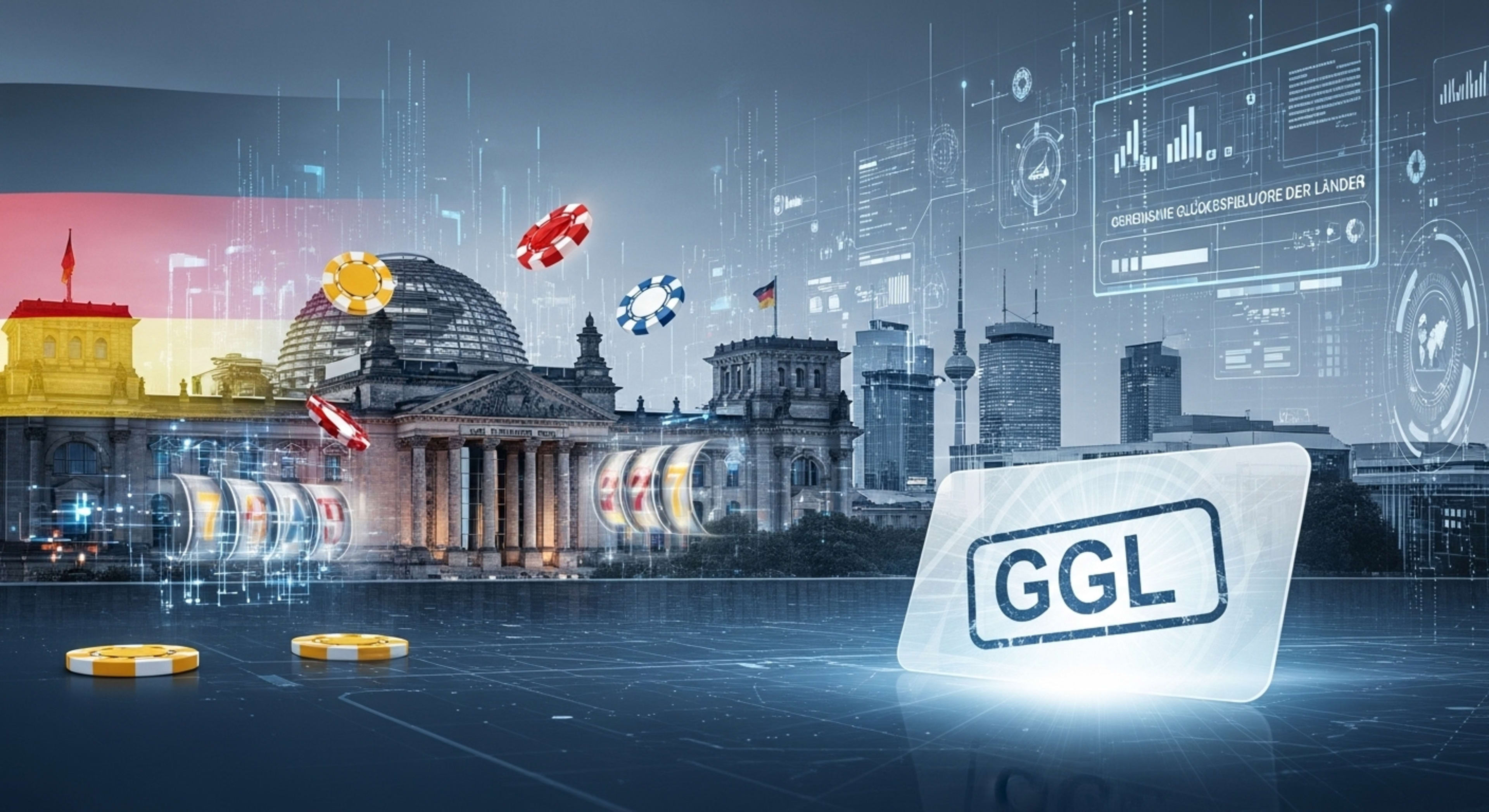Betsson Secures German iGaming License Extension

Recommended casinos
Betsson has obtained a two-year extension to its online casino and sports betting license from the Gemeinsame Glücksspielbehörde der Länder (GGL), the joint German gaming authority, ensuring uninterrupted operations through December 2027. The approval, granted on November 11, 2025, under the Interstate Treaty on Gambling (Glüchsspielstaatsvertrag), reaffirms Betsson's compliance with Germany's stringent framework, which prioritizes player protection and market integrity. This renewal solidifies Betsson's position in Europe's third-largest regulated iGaming market, where licensed operators now capture over 85% channelisation, fostering a more secure ecosystem for new entrants and established players alike.
Key Takeaways
- Operational Continuity: The extension enables Betsson to maintain uninterrupted service for its 1.2 million German users, integrating enhanced deposit limits and self-exclusion tools.
- Regulatory Benchmark: GGL's rigorous audits underscore the treaty's emphasis on AML and RG, influencing similar standards across EU jurisdictions, such as the Netherlands.
- Market Stability: Players benefit from verified platforms, reducing exposure to unlicensed sites amid Germany's €5 billion annual GGR.
Betsson AB, a publicly listed Swedish operator with €1.1 billion in revenue for 2024, operates under majority institutional ownership, including Vanguard Group (7%) and BlackRock (5%), with an emphasis on diversified European expansion. The company, which entered Germany in 2021 following treaty enforcement, now operates Betsson.de with over 2,000 games from certified providers such as Evolution and Pragmatic Play. This license renewal—reference number GGL/2025/EXT/047—follows a comprehensive review of Betsson's financials, RNG integrity, and adherence to the treaty's €1,000 monthly deposit cap and €1 stake limit for slots, features designed to mitigate harm in a market previously plagued by grey operators.
Germany's iGaming sector, restructured by the 2021 Interstate Treaty administered by the GGL—a collaborative body of 16 federal states—imposes a 5.3% GGR tax alongside mandatory contributions to a €10 million annual addiction prevention fund. For readers unfamiliar with the jurisdiction, the treaty's "OASIS" player registry enables nationwide self-exclusion, a model emulated in Denmark and Sweden, while capping bonuses at €100 to curb aggressive marketing. Betsson's approval, effective immediately, aligns with GGL's 2025 enforcement push, which has issued €15 million in fines to non-compliant firms since January.
In a competitive arena where 22 licensees, including Tipico and Entain, vie for share, Betsson's renewal underscores the viability of sustained investment in compliance-heavy markets. The operator plans to launch localized live dealer enhancements by Q2 2026, leveraging its proprietary platform for seamless integration. This comes as Germany's GGR hit €4.8 billion in 2024, up 12% year-on-year, driven by mobile penetration exceeding 70%. However, challenges persist, including payment restrictions under BaFin oversight and ongoing debates over stake limit relaxations.
Implications extend to stakeholders: operators gain a compliance template, potentially accelerating applications averaging 4-6 months; regulators reinforce the treaty's efficacy, with channelisation rising from 60% in 2022; and players access fortified protections, including mandatory reality checks every 30 minutes, lowering problem gambling rates to 1.5% per GGL surveys. As new brands eye Germany's 20 million potential users, Betsson's milestone signals a maturing landscape, where regulatory adherence unlocks long-term revenue amid EU-wide harmonization efforts. Projections from Regulus Partners forecast 8% CAGR through 2028, positioning Germany as a linchpin for continental growth while balancing fiscal and social priorities.
Sources: Gemeinsame Glücksspielbehörde der Länder; Betsson AB Press Office








